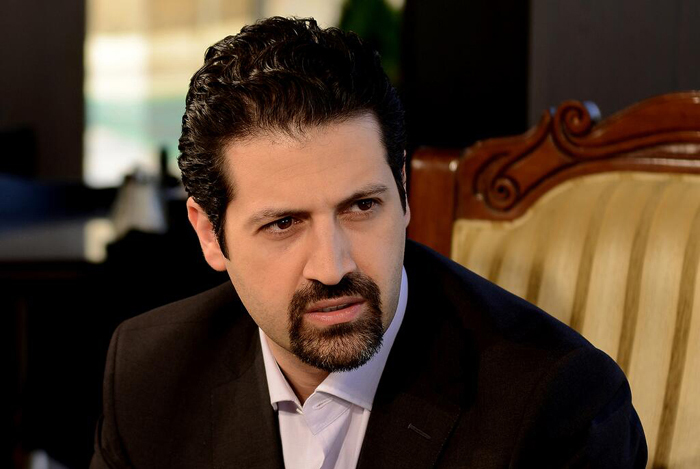Iraq's central government in Baghdad must give up much of its authority to local power centers - and potentially permit the creation of an autonomous Sunni Muslim region - if the nation is to survive the fight against Islamic State of Iraq and Syria (ISIS) militants, a senior Iraqi Kurdish official said Tuesday Al Arabiya reported
In a wide-ranging interview with The Associated Press, Kurdistan regional Deputy Prime Minister Qubad Talabani said giving Sunnis broad political control within their own population may be the one way to keep them from joining ISIS.
Both Baghdad and the United States have resisted partitioning Iraq along ethnic or sectarian lines, although Vice President Joe Biden advocated for doing so as a senator in 2006.
Talabani acknowledged that partitioning Iraq now would require "a major culture shift" and was unsure himself if it would ever happen. But the idea has been pushed by Sunnis since U.S. combat troops left Iraq in 2011, and has recently picked up support among military and diplomatic experts.
"It seems counterintuitive, but the only way you're going to keep Iraq together is to give up power from Baghdad," Talabani said during the interview at the Kurdish diplomatic mission in Washington.
Asked if he envisioned some sort of autonomous regional government for Sunnis, he said: "Yes, absolutely."
Time and again, Talabani said, Iraq's central government has proven itself unable to relinquish authority to regions and provinces across the country - even though it was required to do so under its own constitution. As a result, Baghdad has starved much of the country of power and oil revenues, giving rise to widespread frustration among minority Sunnis and Kurds, and even some Shiites who make up about 60 percent of Iraq's population.
Most of the anger grew during the government of former Prime Minister Nouri al-Maliki, a Shiite who held power for eight years before stepping down under pressure in August. He was replaced by another Shiite premier, Haider al-Abadi, whom Talabani on Tuesday described as "pragmatic and practical" enough to perhaps agree to diluting Baghdad's power to regions.
Al-Maliki's heavy-handed government fueled support for the Sunni-dominated Islamic State group that has swept across much of Iraq and Syria, drawing more than 1,000 airstrikes since August by the U.S. and allies.
Even now, Talabani predicted that Iraqis will have few reasons to resist the extremists if they still feel sidelined from power. "There's no point clearing ISIS out militarily and leaving the same political structure in place," he said. "Because tomorrow ISIS-2 will come back."
He was using an acronym for the Islamic State of Iraq and Syria, which is an earlier title for the same group.
The U.S. has worked for years to bolster the central government in Baghdad, fearing that partitioning the country ultimately could dissolve Iraq. Washington does support a power-sharing government, and one that grants more authority to local officials, even though a senior State Department official last week said it is "premature" to consider the creation of a Sunni-ruled region within Iraq.






